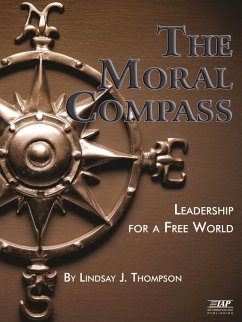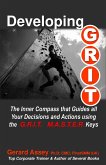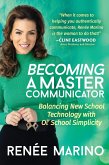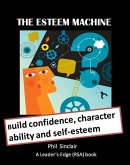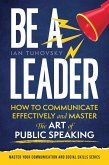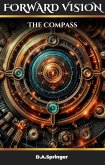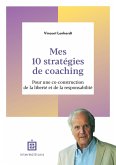The Moral Compass presents a model of morality as a guide to values-based leadership. In a free, pluralist society, diverse stakeholders with competing moral claims present serious challenges to the strategic momentum of business, government, NGOs, and community organizations. Leaders need to know how to manage these challenges effectively. The Moral Compass is their guide. As recent history has repeatedly demonstrated, leaders who avoid, impose, or gloss over the centrality of values in realizing a strategic vision can produce severely flawed outcomes such as loss of confidence, corruption, and market failure. The Moral Compass provides leaders with effective tools to manage this complex, strategic environment by engaging directly with stakeholders to clarify and articulate normative values without privileging or diminishing specific moral traditions. The Moral Compass is rich blend of scholarship, practical wisdom, and usable tools. It is a readable, accessible book that draws from a range of scholarship in humanities, business, science, and social sciences to explain the dynamics of human morality. Academically oriented readers will find intellectually challenging resources and references. Pragmatic readers will be able to use this knowledge to cultivate a robust personal moral compass as a leadership tool for building ethical teams, practice groups, and organizational cultures, for framing and managing moral dilemmas, and for conducting an ethical discernment and decisionmaking process. Ethics in business and leadership studies is emerging as a rich field for scholarship. As an active business faculty member in the field, Dr Thompson is familiar with the published literature of colleagues in the Society for Business Ethics, the International Society for Business Ethics and Economics, the Academy of Management, and the American Philosophical Association. As a blend of theory and practice, The Moral Compass is unique among business ethics books in providing a framework for including and managing the volatility of ethical issues arising from tensions between traditional religious and modern secular morality. Rather than avoid these conflicts, the book anchors their source in the inherent complexity of human neurochemistry, individuation, and socialization as a context for moral meaning and conscience. The book includes numerous exercises in reflection, dialogue, and discernment that enable readers to find common moral ground with people from divergent wisdom traditions. The book synthesizes a wide range of knowledge in a presenting practical model for moral discernment, dialogue, and decision making.
Dieser Download kann aus rechtlichen Gründen nur mit Rechnungsadresse in A, D ausgeliefert werden.

